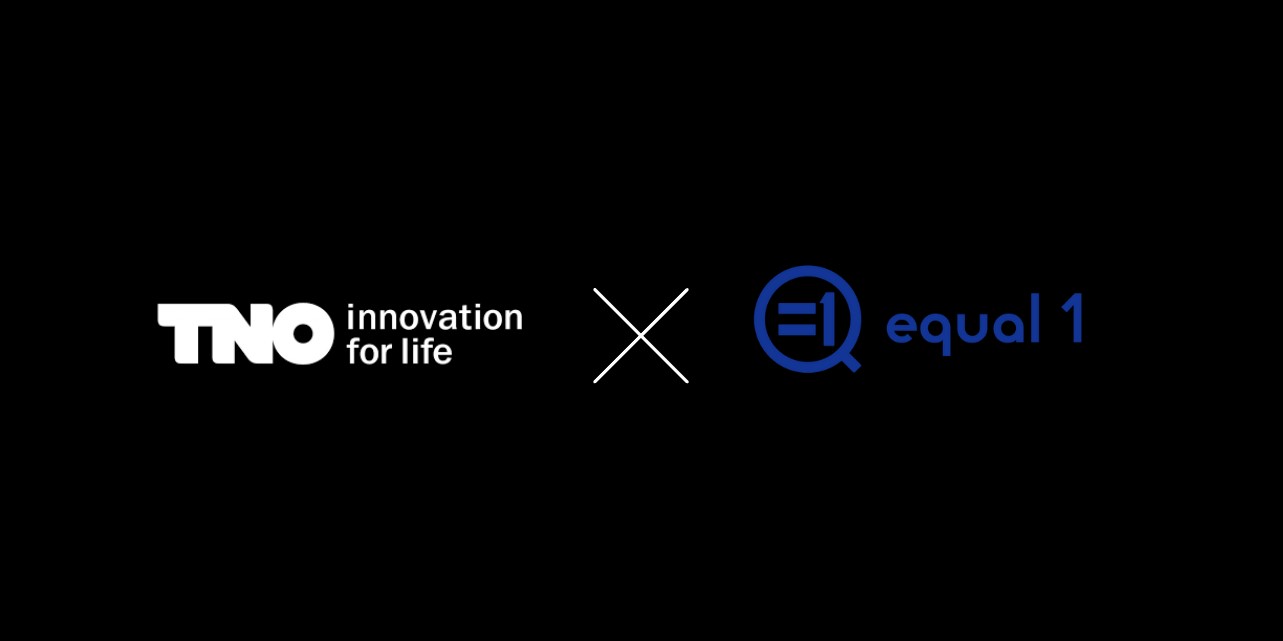Insider Brief:
- Equal1 Labs has partnered with TNO to develop scalable quantum system-on-chip (QSoC) devices using spin qubits, utilizing TNO’s nanofabrication facilities and Equal1’s research lab at the House of Quantum in Delft to advance the project.
- The UnityQ architecture by Equal1 integrates quantum and classical components on a single silicon-based chip, enabling operations at 500 millikelvin and potentially leveraging existing semiconductor infrastructure for easier cooling and scalability.
- With a long-term roadmap to 2030, Equal1 intends to scale its QSoC processors from six to 1,000 qubits, targeting applications in fields such as pharmacology and finance.
PRESS RELEASE — Equal1 Labs, a quantum computing startup, has announced a new collaboration with the Netherlands Organisation for Applied Scientific Research (TNO) to develop quantum system-on-chip devices based on spin qubits. This partnership will take advantage of TNO’s facilities for nanofabrication and materials, alongside Equal1’s research facility located in the House of Quantum in Delft, to advance the development of scalable QSoC processors. Jason Lynch, CEO of Equal1, emphasized the strategic vision behind the partnership, stating, “Our vision is to scale millions of high-performance qubits onto a single chip, integrating all electronics and quantum systems into our QSoC, leveraging our hybrid UnityQ architecture.”
Equal1 Labs is working towards creating compact, on-premises quantum systems by integrating quantum components with classical electronics on a single silicon-based chip. This could allow quantum computers to leverage existing semiconductor infrastructure. According to a recent interview with Lynch on the UnityQ architecture, the startup’s technology operates at 500 millikelvin, making cooling requirements more manageable than those of other quantum systems, which typically need near-absolute zero temperatures. “Every MRI scanner uses closed-cycle cryogenics down to 3K,” Lynch noted, suggesting potential parallels with familiar medical technologies. The company has already produced test chips with six electron-spin qubits and plans to release its UnityQ entry product by mid-2025.
The House of Quantum in Delft, where Equal1’s new lab is based, provides an ecosystem for collaboration with local quantum research and industry experts. Christiaan van Oord, Director of the House of Quantum, expressed enthusiasm, noting that Equal1’s expertise and team “enrich our community and support the ongoing advancement of quantum technology.” Equal1 joins other ambitious endeavors in the space, including companies using alternative qubit systems like trapped ions and photons, in order to diversify quantum technology approaches.

With a roadmap leading to 2030, Equal1 anticipates that its modular architecture will allow QSoC processors to scale from six to 1,000 qubits and beyond, facilitating applications in fields such as pharmacology and finance.















